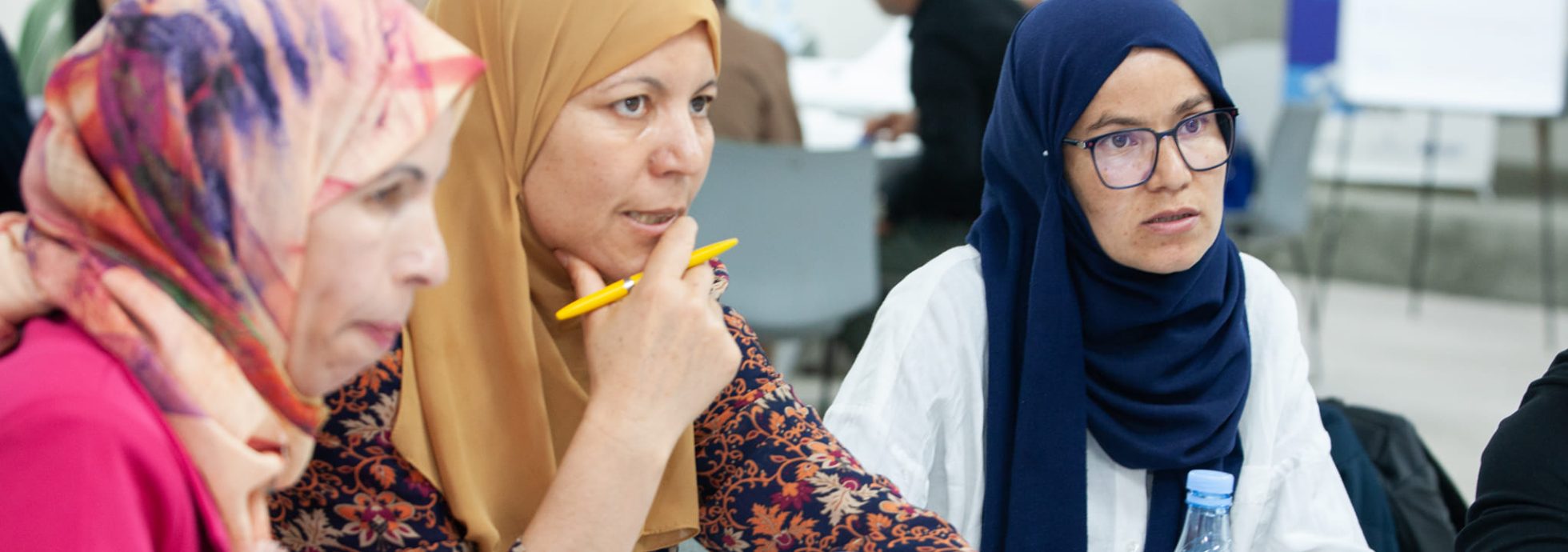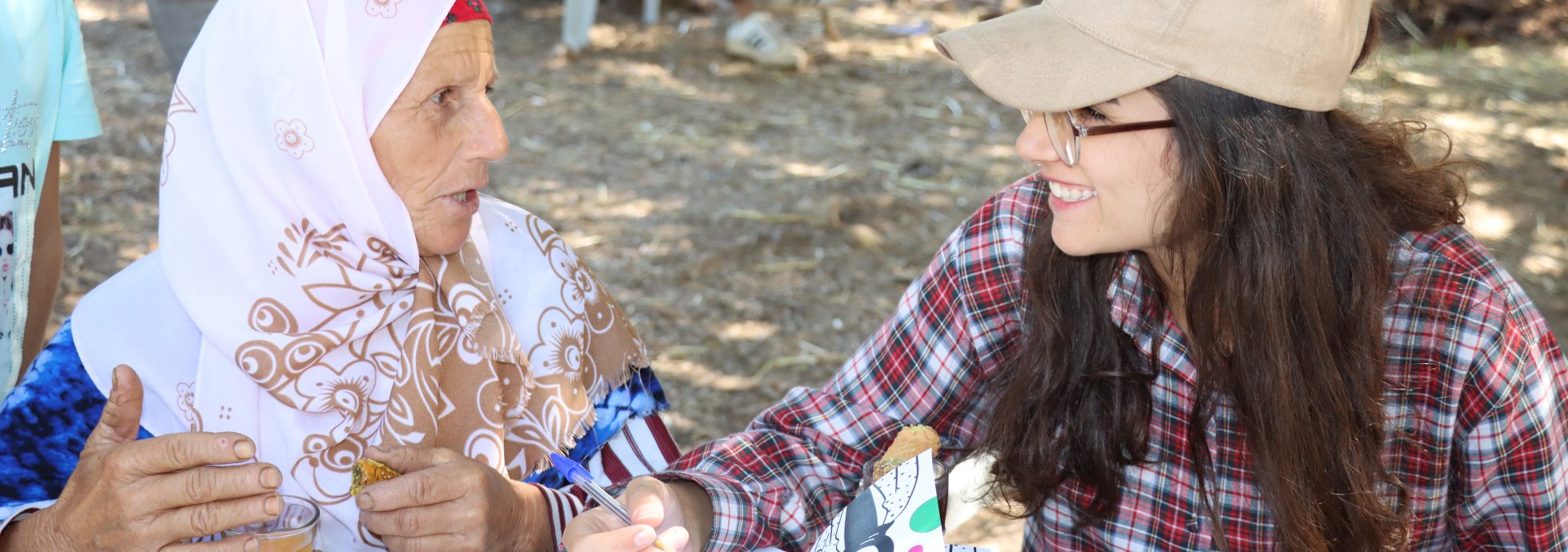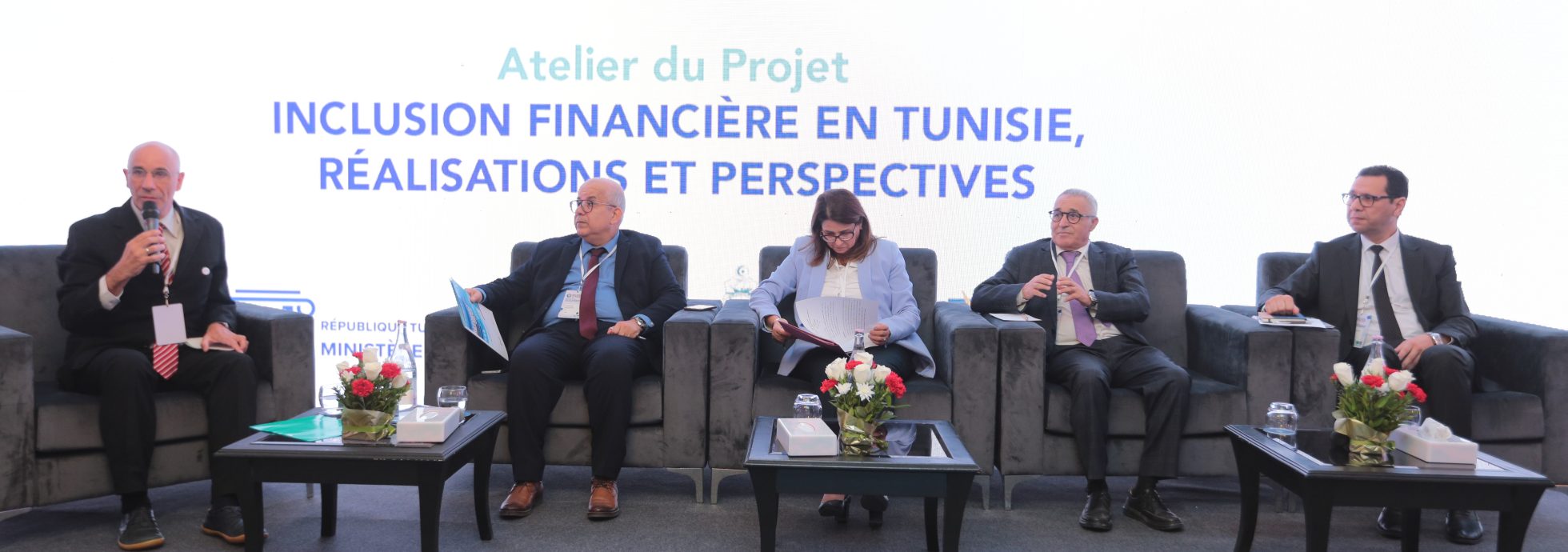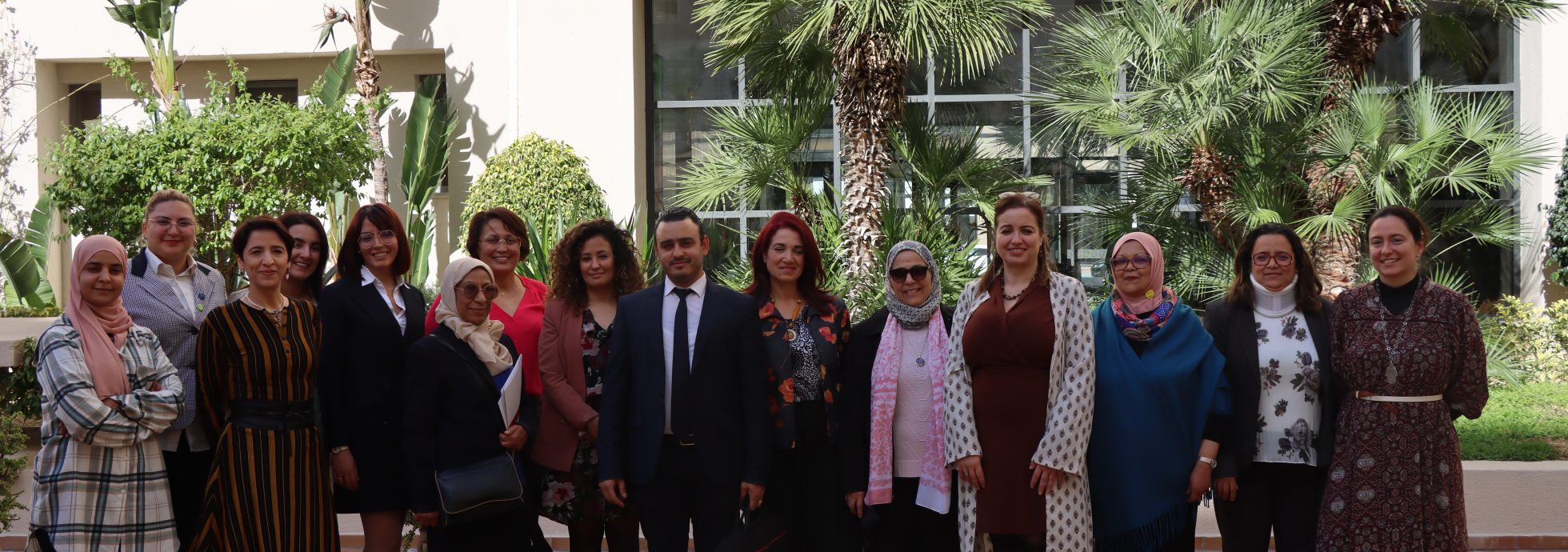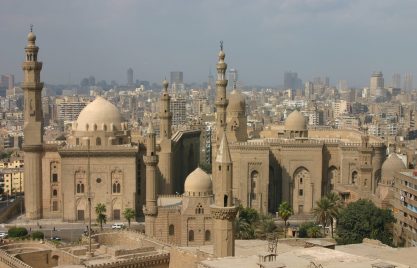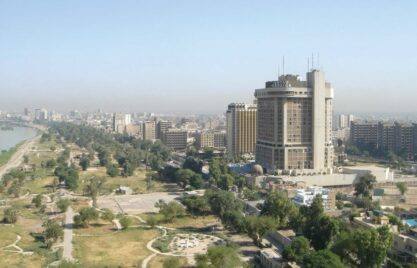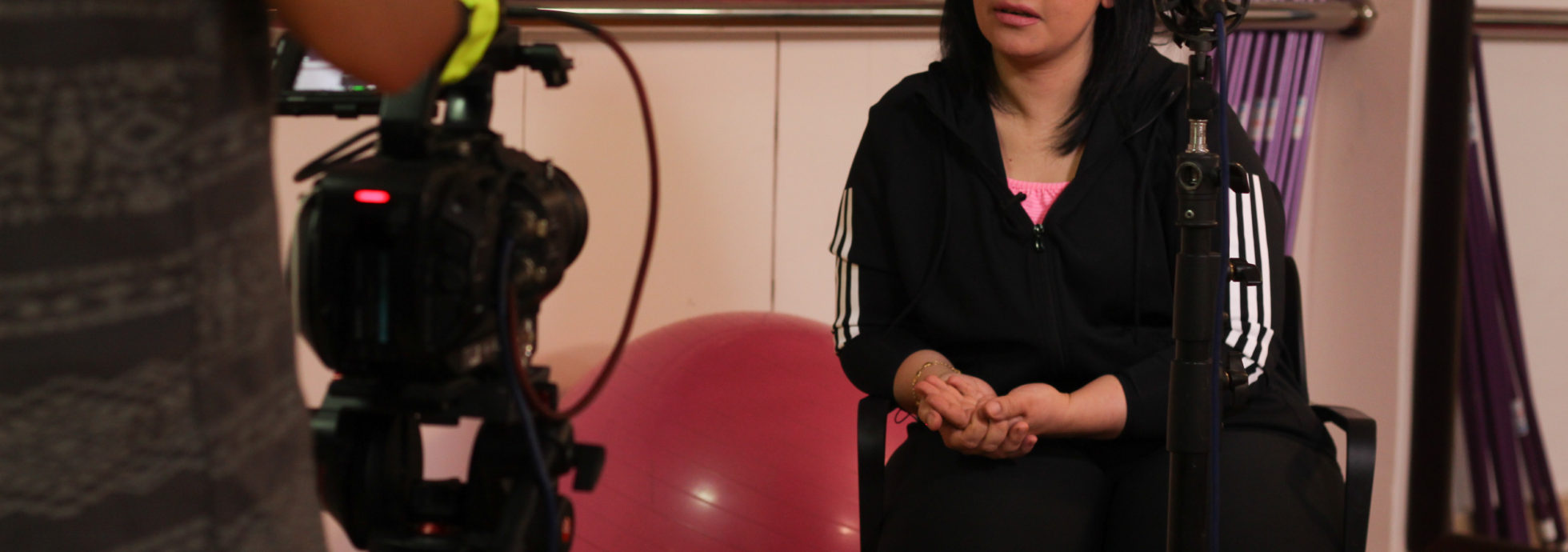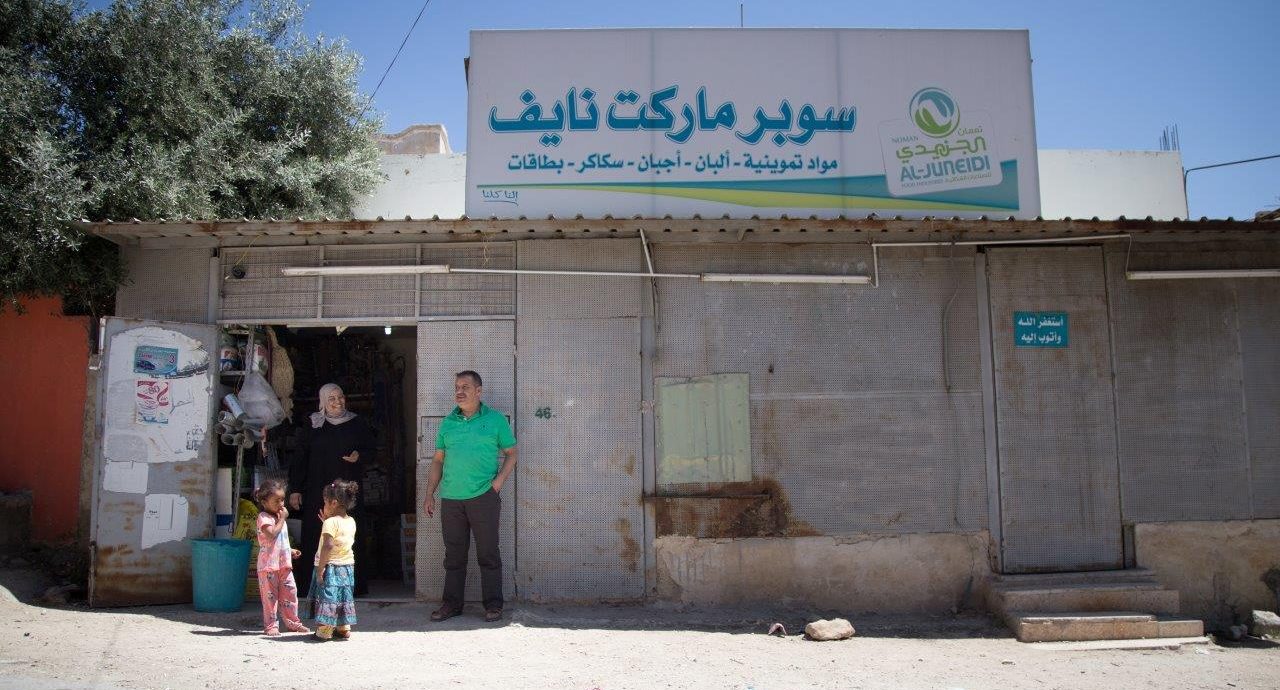Introduction
Greater access to financial services promotes social stability, stimulates economic growth and
employment, and stabilises the financial system. Yet, only a very limited number of people and
businesses in the Middle East and North Africa have access to adequate formal financial services.
Microfinance is a means to advance financial inclusion. Strategic public and private efforts, progressive
policies, laws and regulations, and an efficient financial infrastructure are needed to ensure the sector’s
stability and outreach to the unbanked. This programme aims to improve the framework conditions for
financial inclusion of the low-income population to promote sustainable and inclusive growth.
Impact
The project Promotion of Access to Financial Services for Small and Medium Enterprises (PAFSME) was implemented by GIZ on behalf of the German Development Cooperation and the European Union. The project aims to improve access to financial services for small and medium-sized enterprises (SMEs) as well as young entrepreneurs in Egypt.
...
...
Iraq...
Since the mid 2000’s the Jordanian microfinance market is growing constantly at a high rate. Yet, the financial sector bears potential for responsible financial Inclusion to empower the youth, women, the low-income and rural population....
On behalf of the German Federal Ministry for Economic Cooperation and Development (BMZ) and together with its partner institutions, the regional GIZ project Financial Inclusion in the MENA region (FIMENA) aims to strengthen financial systems in the region and promote the financial inclusion of individuals and SMEs. ...
Morocco...
The GIZ project Alternative Approaches to Financial Inclusion of SME (A-FIN) aims to strengthen the framework conditions for innovative financial services for SME by supporting the Palestinian regulatory authorities in their role as Fintech promoters and enabling regulators as well as in their efforts to create trust in alternative and digital financing options....
Tunisia...

